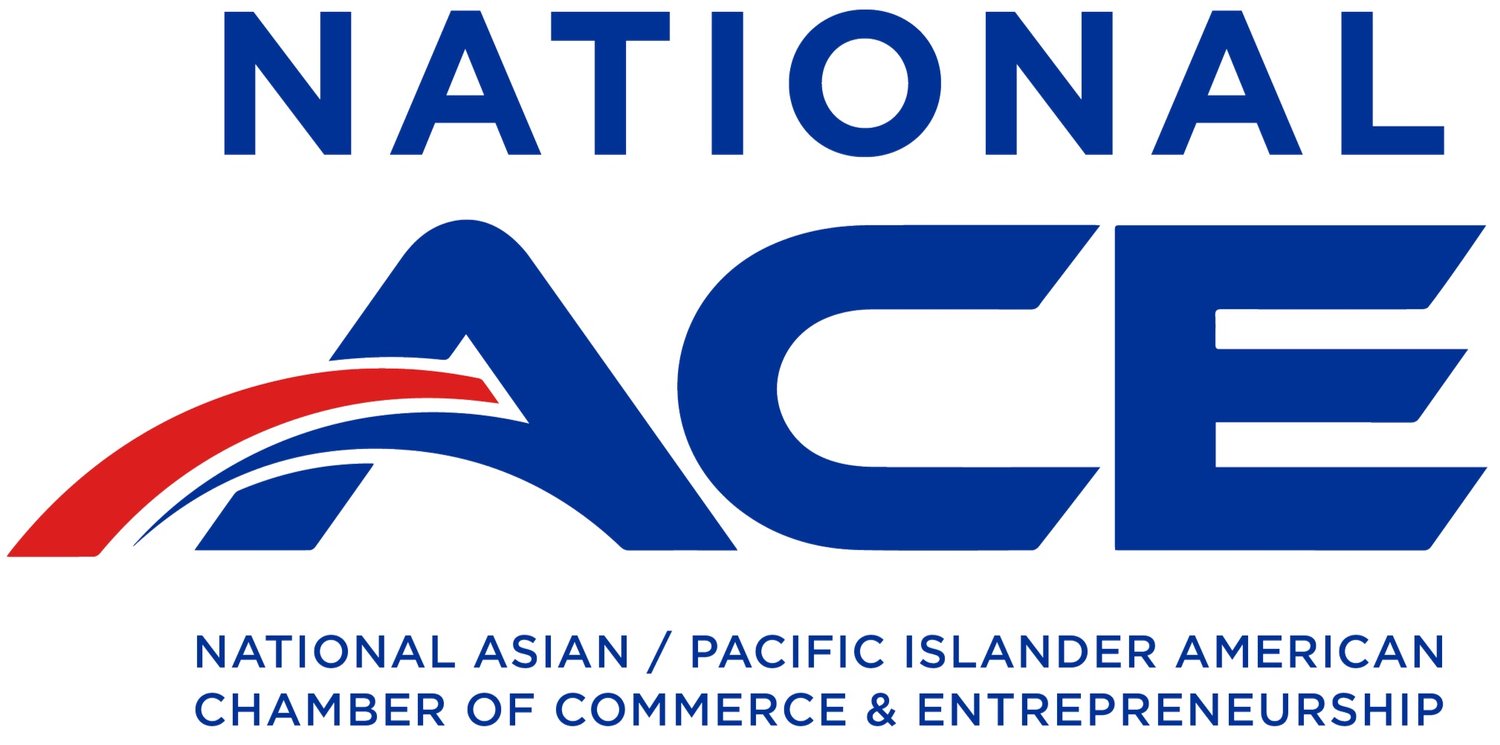Advocacy
National ACE represents the voice of the Asian American and Pacific Islander (AAPI) business community and advocates for AAPI entrepreneurs. Since our founding in 2013, our goal has been clear: to improve the economic and social well-being of the AAPI community. By working with policymakers, business leaders, and private and public stakeholders, we have advocated for public policies that promote growth in our economy, ultimately providing AAPIs with more successful business and economic opportunities.
National ACE 2024 Policy Agenda
Our Relationships
Congress
National ACE works diligently with the Congressional Asian Pacific American Caucus (CAPAC) and key AAPI congressional leaders, congressional committees, and their staff to ensure policy makers are regularly informed on National ACE policy recommendations to ensure the economic well-being of the AAPI business community through sustainable business opportunities and job growth.
White House
National ACE has a long, productive history of working with the White House Initiative on Asian Americans and Pacific Islanders (WHIAAPI) and the President's Advisory Commission on Asian Americans and Pacific Islanders. Joint community outreach programs ensure the voice of the AAPI business community is heard and representative of the WHIAAPI and the AAPI Commissioners.
Federal Agencies
National ACE maintains a close working relationship with the U.S. Department of Commerce’s Minority Business Development Agency (MBDA) with joint programs that include the National AAPI Business Summit, Construction Expos, and International Trade Missions. National ACE has also recently established a formal understanding with the Small Business Administration (SBA) on small business advocacy.
The AAPISTRONG Small Business Roundtable Series
The National ACE small business in-person roundtable series gives local Asian American & Pacific Islander business owners an opportunity to discuss and network with key elected officials and corporate leaders on current business issues that affect them directly. These roundtable sessions encourage open discussions on the current state of business, the effects of COVID and anti-AAPI hate, policy, and the recovery of AAPI businesses in their local markets.






